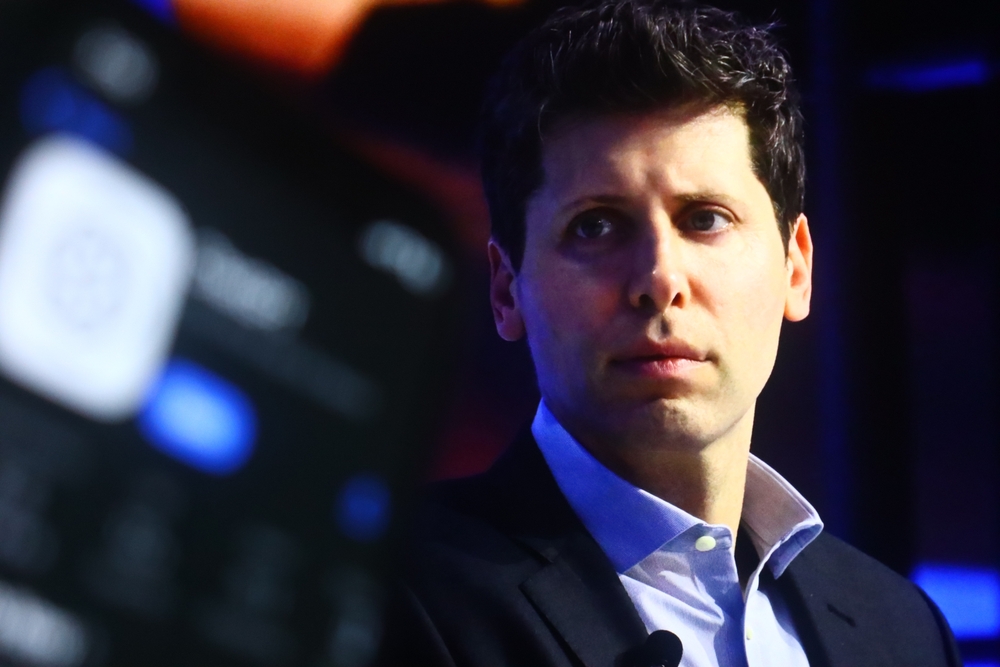OpenAI is expanding its efforts to contain emerging risks posed by artificial intelligence, backing a new biotech spinoff aimed at stopping malicious actors from using advanced models to create biological weapons.
Others are reading now
OpenAI is expanding its efforts to contain emerging risks posed by artificial intelligence, backing a new biotech spinoff aimed at stopping malicious actors from using advanced models to create biological weapons.
The investment marks one of the company’s most direct moves into the rapidly evolving biosecurity sector.
A Focus on AI-Driven Bio Risks
Reuters reported on Nov. 13 that OpenAI is the lead investor in a $15 million seed round for Red Queen Bio, a startup working to prevent AI from being used to design harmful biological agents. Co-founder Hannu Rajaniemi said the aim is to ensure defensive capabilities grow at the same pace as tools that could be exploited to harm humans.
The effort builds on OpenAI’s new strategy of supporting early-stage companies tackling AI-related safety threats. Last month, OpenAI backed Valthos, a biosecurity software firm based in New York.
Jason Kwon, OpenAI’s chief strategy officer, told Reuters the company is open to supporting additional startups focused on similar problems. “We want to increase the overall resilience of the overall ecosystem,” he said. “One of the best ways you can deal with the risk mitigation is more technology.”
Why Biosecurity Is Under Pressure
Researchers and safety experts warn that the same AI systems capable of accelerating drug discovery or vaccine development could also lower barriers for creating dangerous biological agents. That dual-use tension has intensified interest in new defensive tools as AI research advances.
Also read
Red Queen Bio emerged from Helix Nano, an mRNA therapeutics company that has been incorporating AI more deeply into its drug-design work. Kwon told Reuters that Helix Nano collaborated with OpenAI to develop tests for evaluating AI-related biological risks.
Rajaniemi said the company’s creation reflects a growing urgency within the field. “It was clear that the biological capabilities were advancing faster than we anticipated,” he told Reuters. “We felt we needed to start developing defenses.”
Governance and Conflict Safeguards
OpenAI said CEO Sam Altman and board member Nicole Seligman — both previous investors in Helix Nano — will receive shares in Red Queen Bio as part of the transaction. Kwon also held an indirect stake through Y Combinator worth less than $2,500, according to the company.
A spokesperson told Reuters that none of these executives were involved in approving the investment. Instead, OpenAI’s chief compliance officer and unconflicted board members reviewed and authorized the deal.
Other backers in the round include Cerberus Ventures, Fifty Years and Halcyon Futures.
Also read
How Red Queen Bio Plans to Operate
According to Reuters, the startup intends to combine AI models with laboratory experimentation to identify new vulnerabilities in biological systems and design countermeasures. The company’s name references a scene from Through the Looking-Glass, reflecting the constant race between evolving biological capabilities and the defenses required to contain them.
The approach places Red Queen Bio at the intersection of computational research and wet-lab testing — a strategy increasingly common as biotech and frontier AI technologies converge.
Source: Reuters


